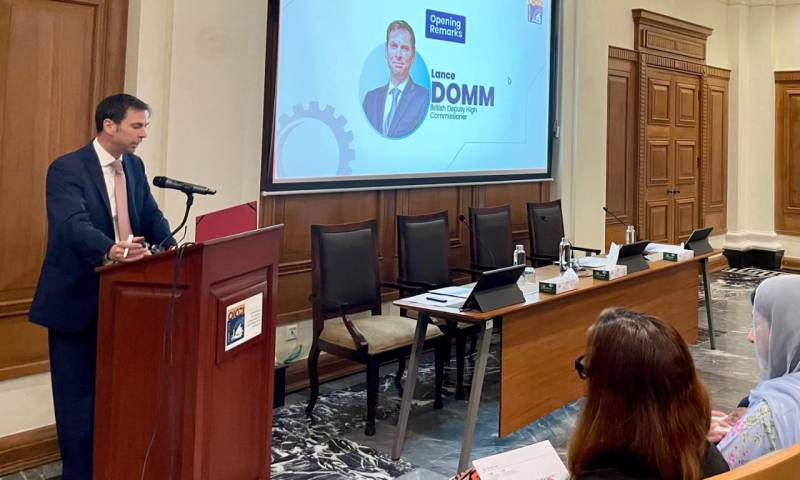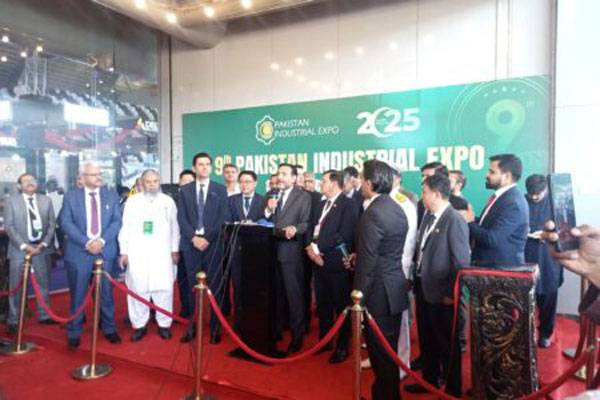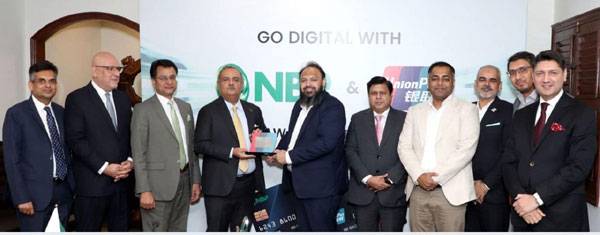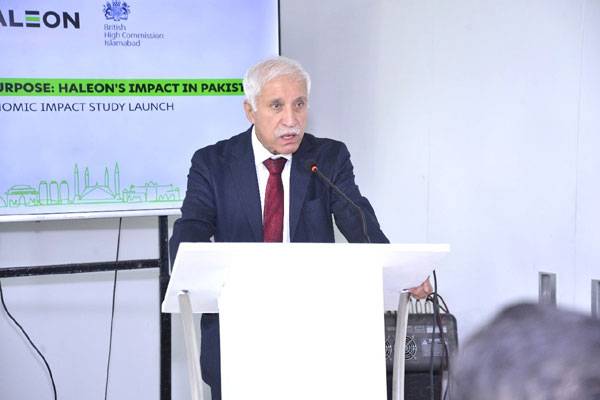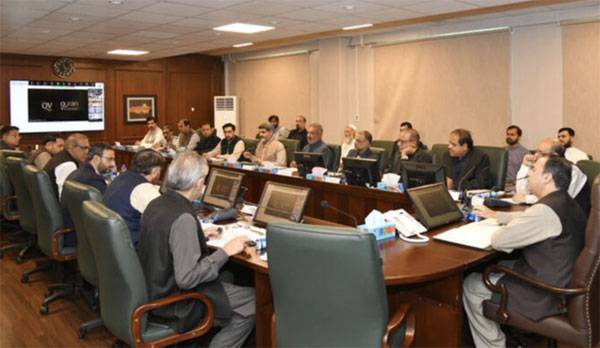
ISLAMABAD – The Pakistan Hosiery Manufacturers and Exporters Association (PHMA) has criticised the decision of the State Bank of Pakistan to maintain the key policy rate at 11 percent, calling it a major blow to the country’s industrial recovery, export growth and job creation efforts.
In a statement issued here on Thursday, PHMA Zonal Chairman Abdul Hameed said that the value-added textile export sectors were expecting a long-awaited reduction in interest rates to single digits in light of falling inflation and improved economic indicators, but the SBP’s decision has deeply disappointed the industry which is already reeling under high production costs and declining global competitiveness.
Abdul Hameed said that the continuation of such a high policy rate has no justification when headline inflation has dropped to around four percent and core inflation is showing clear signs of moderation. He said that based on the current inflation rate, the policy rate should not be more than six percent, and continuing at nearly double that level is stifling industrial potential.
He said that the central bank’s refusal to bring down interest rates despite macroeconomic stability and declining price pressures is blocking the path to growth, as the current borrowing costs are simply unaffordable for small and medium-sized exporters.
He said that high interest rates are choking liquidity, preventing capital investment, discouraging new orders, and making Pakistani products more expensive in international markets. He said that industrialists and exporters had hoped that the monetary policy would provide some relief and allow businesses to breathe, but unfortunately decision has sent a negative signal to entire productive sector.
He further said that neighbouring countries have already adopted a more pro-growth monetary stance with policy rates in India, Bangladesh, China and Thailand remaining well below Pakistan’s. He said that competing in such a regional environment requires an enabling interest rate structure, not a policy that continues to punish investment and delay industrial recovery. He said that holding the policy rate at 11 percent when real inflation-adjusted interest rates have already crossed seven percent is excessive, unjustified and counterproductive.
Abdul Hameed said that PHMA had repeatedly urged the government and the State Bank to align monetary policy with the ground realities faced by exporters and industrialists who are struggling with rising utility prices, currency fluctuations, delayed refunds, and global demand contraction. He said that the SBP’s overly conservative approach may help maintain nominal price stability in the short term but it will severely damage industrial momentum in the medium and long term. He said that without access to affordable financing, no country can achieve the goals of export-led growth, employment generation, and self-reliance. He added that the SBP’s current stance seems detached from the actual needs of the productive economy and driven more by textbook targets than on-the-ground conditions.
He warned that if this tight monetary regime continues, more small and mid-sized exporters will be forced to shut operations, leading to unemployment and further decline in export earnings. He said that a contraction in industrial activity will ultimately worsen the economic situation rather than stabilise it. He said that the time has come for urgent reforms in monetary policy direction and urged the government to hold serious consultations with real stakeholders of the economy including export industry representatives who are directly affected by these decisions.
PHMA demanded that the State Bank immediately revisit its stance and announce a clear roadmap for gradually reducing the policy rate to a growth-compatible level, ideally within the single-digit range. Abdul Hameed reiterated that without lowering the cost of doing business, particularly the cost of borrowing, Pakistan cannot expect any meaningful progress in exports or industrial revival. He said that PHMA will continue to raise its voice at all forums until corrective measures are taken and the concerns of the export sector are addressed in a serious and timely manner.


